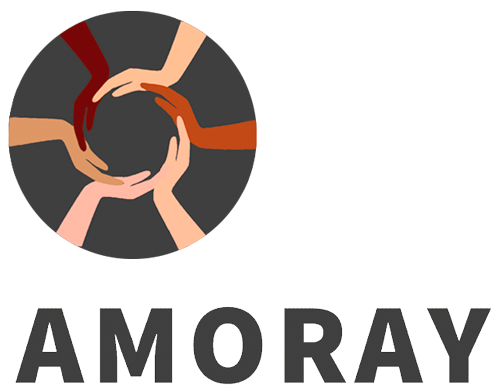Resources Library
- Home
- Trauma-Informed Care in Behavioural Health Services
Trauma-Informed Care in Behavioural Health Services
Area: Trauma (trauma, suicide risk and challenging behaviors)
Can be used as part of a training dedicated to mental health care professionals, who work with patients, who had a previous traumatic experience. The theoretical part is related to the general knowledge that a professional should gain regarding the trauma. The practical part includes an assessment tool that could be used by the professionals, in order to evaluate the dysfunctionalities of an individual based on their previous traumatic experiences. The tool measures how affected is the individual from these experiences and how dysfunctional are their thoughts or behaviours.
Substance Abuse and Mental Health Services Administration Centre for Substance Abuse Treatment, 2014
-
Type of resource
open access published pdfs
-
Available in
English
-
Related competence
Basic theoretical input into the symptoms of post-traumatic stress and how they might manifest in behaviour. (through the provided Manual and the specific Units that suggested to be reviewed.)Ability to assess the level of need, and understand which needs could be met by the service and when the individuals require specialist help. (through the assessment tool provided)Ability to recognise the intercultural aspect of trauma and reflect on its impact on the individual. (through the provided Manual and the specific Units that suggested to be reviewed. For example you can check pages 26-27 of the Manual here: https://www.integration.samhsa.gov/clinical-practice/SAMSA_TIP_Trauma.pdf)
-
Most relevant
•Chapter 2—Trauma Awareness 33 – 59 •Chapter 3—Understanding the Impact of Trauma 59 – 90 •Chapter 4—Screening and Assessment 91 – 110
-
General comment by reviewer
This project aims to provide:-information about the trauma and its impact-assessment tool for individuals that experienced previous traumatic experiences.-tools that could be adapted to training environments with mental health professionals.-tools that could be adapted to counselling environments. -resource that could be used within the counselling, as part of the psycho-educational approach within the therapeutic context.
